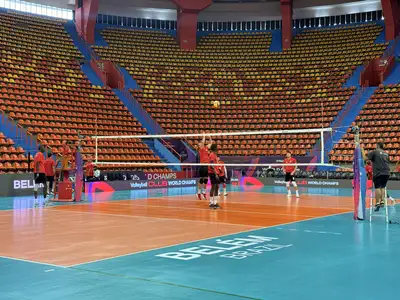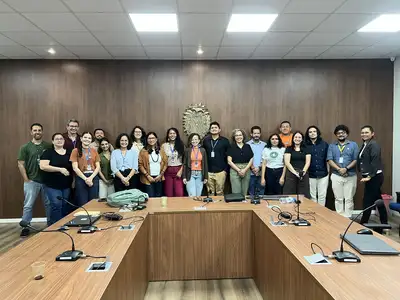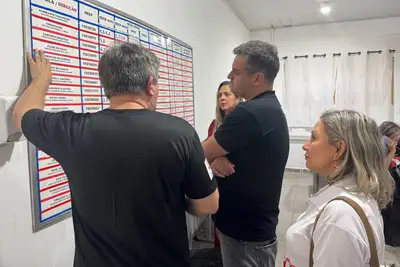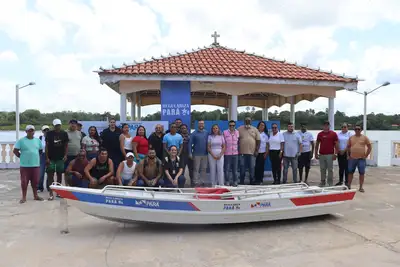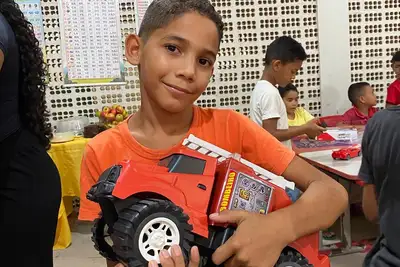Partnership between Seap, TJPA, and Senappen enables videoconferencing system in penal units of Pará
Pilot project was implemented at the Marambaia Custody Center; 27 units will be initially covered
Signed last Tuesday (13), the cooperation agreement between the State Secretariat for Penitentiary Administration (Seap), the Court of Justice of the State of Pará (TJPA), and the National Secretariat of Penal Policies (Senappen) aims to connect penal units and Criminal Courts. It will allow for virtual visits and hearings in the Pará penal system, which will generate more savings, speed, and access to justice for those in Seap custody.
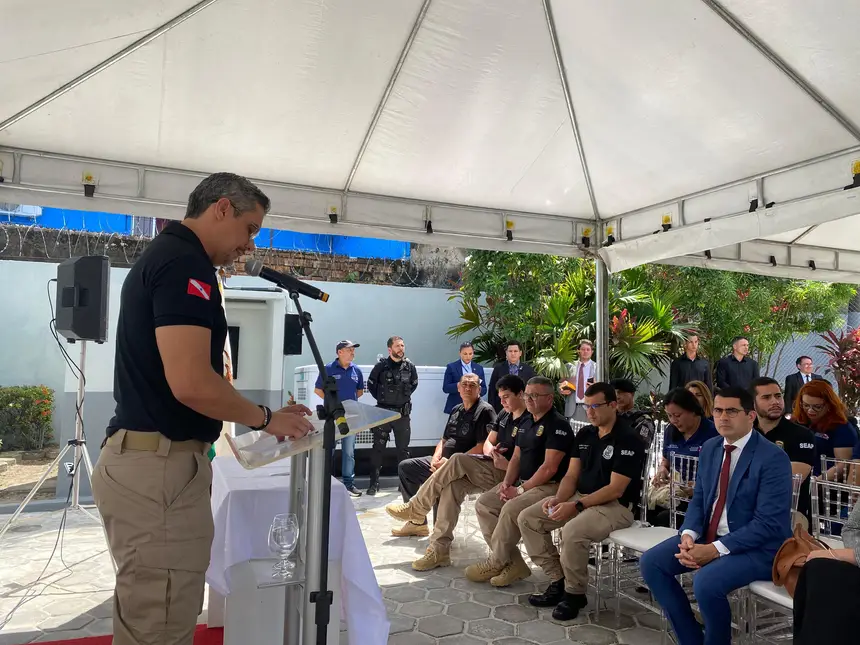
The head of Seap, Colonel PM Marco Antonio Sirotheau Corrêa Rodrigues; the president of the Court of Justice of the State of Pará (TJPA), Judge Roberto Gonçalves de Moura; and the representative of the National Secretariat of Penal Policies (Senappen), from the Ministry of Justice, Ana Lívia Fontes, representing Secretary André de Albuquerque Garcia, signed the document.
In his speech, Marco Antonio Sirotheau emphasized that the partnership is an instrument that paves the way for significant modernization in the justice system and penitentiary administration of Pará. "This union of efforts between the Court of Justice, Seap, and Senappen is the key to implementing a robust videoconferencing system. This system will connect our prison units to the Criminal Courts, making the long-awaited and necessary Virtual Visit and Virtual Hearing projects a reality," celebrated the secretary.
Sirotheau also highlighted the benefits that videoconferencing systems will bring both to the Judiciary and to advance the resocialization process of inmates. "The benefits of this initiative are numerous and far-reaching: we will optimize resources by reducing the need for escorts, increase procedural speed, reinforce the safety of all involved, and, fundamentally, strengthen the family ties of those in custody through virtual visits, an indispensable step in the resocialization process and in ensuring access to justice," stated the secretary.
The president of TJPA, Judge Roberto Gonçalves de Moura, emphasized that the implementation of the systems "is an important measure to ensure access to fundamental rights and the promotion of the dignity of those in custody." For the judge, the agreement signed between the institutions will allow the State to promote humanitarian, effective justice that is close to the reality of all. "It consolidates the union between the Judiciary, the State Executive, and the Federal Government around a common goal: to guarantee rights and promote dignity for people deprived of liberty," he declared.
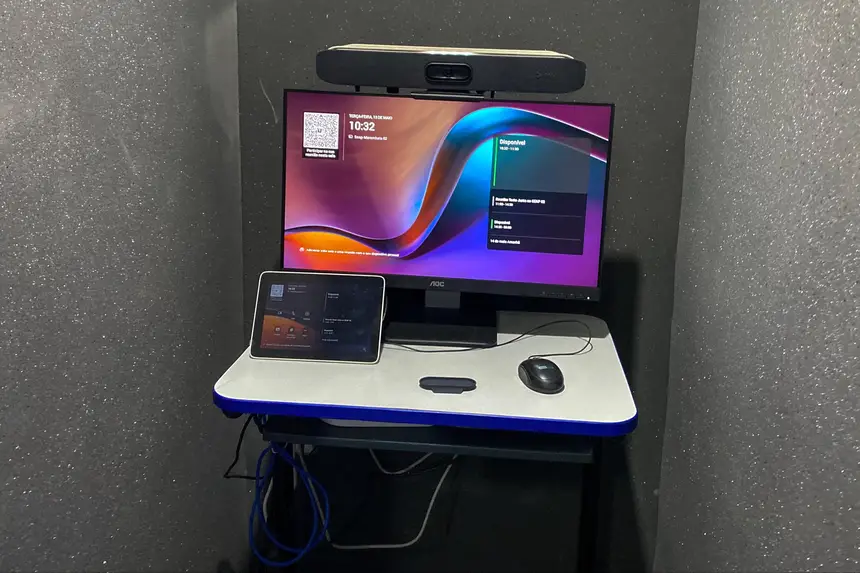
According to Ana Lívia Fontes, representative of the National Secretariat of Penal Policies (Senappen), the partnership signifies a concrete advance in the modernization of Criminal Justice. "We reduced costs with transportation and escort, optimized work time, and increased security," she analyzed. "Above all, we strengthened the right to defense, ensuring its full effectiveness in the legal process," she added. "With the installation of equipment in the prison system, the institutions take another important step to continue with the project of expanding virtual visits and implementing hearings via videoconference," Ana Lívia Fontes complemented.
The director of the Marambaia Provisional Custody Center (CTMAB), João Barbosa, noted that "the technological innovation will greatly assist the work not only here in the penitentiary system but for all judges, who will be able to conduct custody hearings in a better way."

Units – In June, the next penal units to be covered will be: Humanization House of Assistance and Protection of the Inmate of Belém; Provisional Custody Center of Cremação; and Custody and Reintegration Center of Icoaraci.
Public Policy – With a duration of 60 months from the publication in the Official Gazette, the cooperation agreement between the institutions is one of the public policies developed by the prison system through the Fair Sentence Plan.
Responsibilities – Seap will ensure the necessary physical and technical infrastructure in the penal units, with individualized rooms, adequate connectivity, security, and accessibility.
TJPA will be responsible for the acquisition, installation, and maintenance of up to 63 videoconferencing kits, in addition to managing the platform used.
Senappen will oversee the execution of the project to ensure the proper use of federal resources.
Text: Fúvio Maurício



